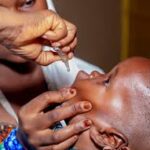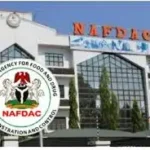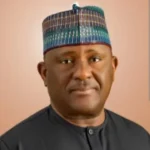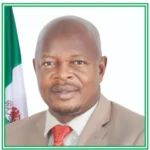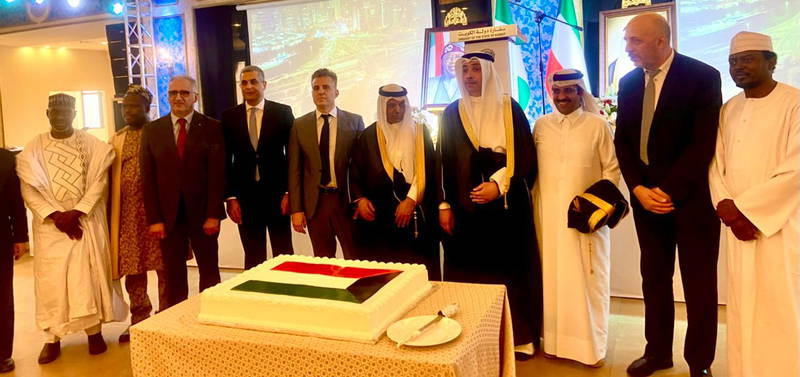Empowerment
By Sarafina Christopher
The Kuwaiti government has reiterated its commitment to empowering 200,000 out-of-school children in Kaduna State, through the Reaching Out-of-School Children (ROOSC) project.
Mr Salim Almuzayen, the Ambassador of the State of Kuwait to Nigeria, made this announcement during the 64th National Day and 34th Liberation Day commemoration of Kuwait in Abuja.
Almuzayen explained that the initiative aimed to provide equitable access to quality primary education, especially for children with disabilities, girls, and adolescents in Kaduna State.
He noted that the project, funded by the Kuwait Fund for Arab Economic Development in collaboration with partners and UNICEF, was designed to support more than 200,000 students.
The Ambassador also highlighted the long-standing bilateral relations between Kuwait and Nigeria, dating back to the 1960s, when the Al-Sabah School was built in Kaduna.
“It reflects the depth of these historical relations and shows the potential for further cooperation in various areas between our two friendly countries,” he added.
On his part, Mr Adeolu Okenla, the Senior Councillor of the Middle East and Gulf Division at the Ministry of Foreign Affairs, lauded the strong diplomatic ties between Nigeria and Kuwait.
These ties, he noted, began in 1971, with collaboration in political and economic areas.
Okenla explained that Kuwait’s National Day and Liberation Day were significant milestones in the country’s history.
“The National Day marks Kuwait’s independence from British protection in 1961, while the Liberation Day commemorates the country’s freedom from Iraqi occupation in 1991.
“Kuwait has made significant progress since then, becoming a wealthy and safe country with a high standard of living,” he said.
He further commended Kuwait for its contributions to regional peace and development, particularly within the Gulf Cooperation Council.
Okenla also expressed appreciation for Kuwait’s free education policy, which spans from primary school to university and has contributed to a 96.46 per cent adult literacy rate in the country. (NAN)
Edited by Abiemwense Moru


